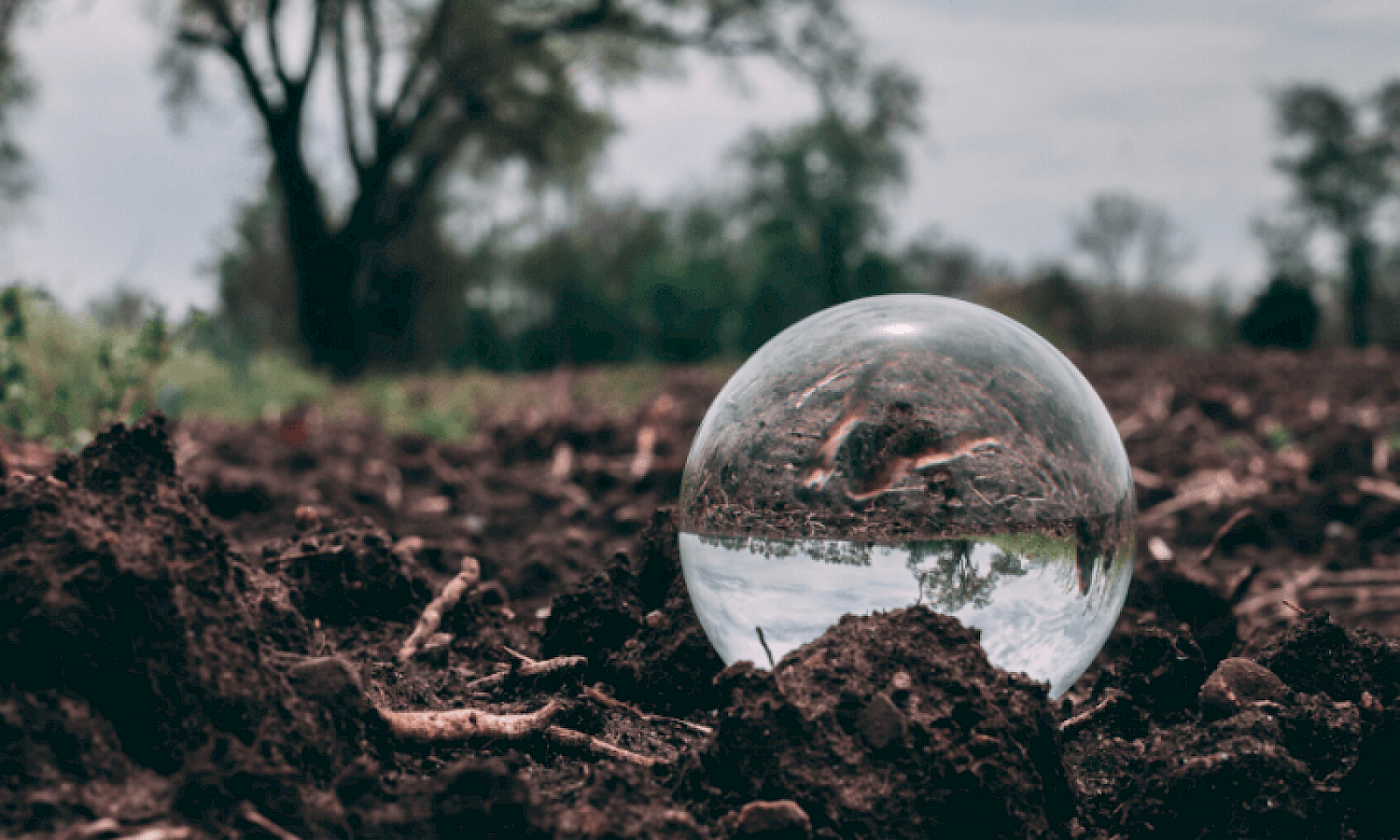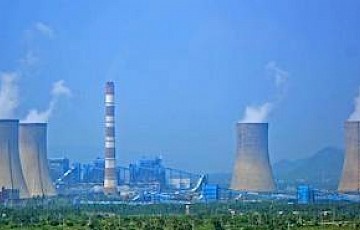26 August 2019
Global Warming Can Increase by 2-3 degrees

High levels of land degradation and desertification in the western India, especially Gujarat and Rajasthan, could lead increase the warming levels by 2-3 degrees in the mid-2030s with an increased rainfall intensity, NH Ravindranath, professor Centre for Sustainable Technologies, Indian Institute of Science, Bangalore, said.
He was one of the reviewers for the Intergovernmental Panel on Climate Change (IPCC) special report on ‘Climate change, desertification, land degradation, sustainable land management, food security and greenhouse gas fluxes in terrestrial ecosystems’ released this month.
“This is also stated in the Space Applications Centre (SAC) 2016 report (degradation and desertification). The land degradation and desertification is very high, affecting water supply to communities, agriculture on one hand and food production on the other. It is linked to global climate in many ways. Degradation and desertification means they have increased emission from soil, cutting and overgrazing… The climate change we have been witnessing will get more severe in the coming years,” said Ravindranath on the sidelines of a conference on climate change organised by Ahmedabad University’s Global Centre for Environment and Energy. According to the report, there could be severe floods, high rainfall events similar to what Rajasthan, Kerala and Karnataka witnessed this year. Extreme drought or severe floods are the characteristics of climate change, it said.
“All our modelling styles have revealed that rainfall would increase but it is not a good news as there will be high intensity rainfall events in a short period. For instance, in one day there would be 5 cm rain or flash flood. Even in Rajasthan, 2 cm rain would lead to floods. So increased rainfall is always a bad news leading to floods, damage loss of property cattle and life,” he added.
The earth is already warm by 1.5 degrees and the impact is seen in India and around the world where extreme drought, extreme floods and forest fires are witnessed, the report said. About its impact on agriculture, he said that it is good for agriculture if we get some rainfall in June, some in July and some in August and some in September. But the rainfall pattern has been changing and has become unpredictable.
Suggesting water conservation practices, he said traditional practices like tanka (underground water storage tanks), step wells or even water conservation structures in villages need to be revived.
Another contributing author of the IPCC report, Darshini Mahadevia, visiting professor at Ahmedabad University, stressed on giving land ownership rights to women. “On food security globally, if women own land, we could avoid around 20 per cent hunger deaths,” Mahadevia said. If climate change is to be addressed, women have to kept in the centre as they comprise around 60-70 per cent of the agriculture work force, particularly in developing countries, she said.
This article was originally published in 'The Indian Express'



